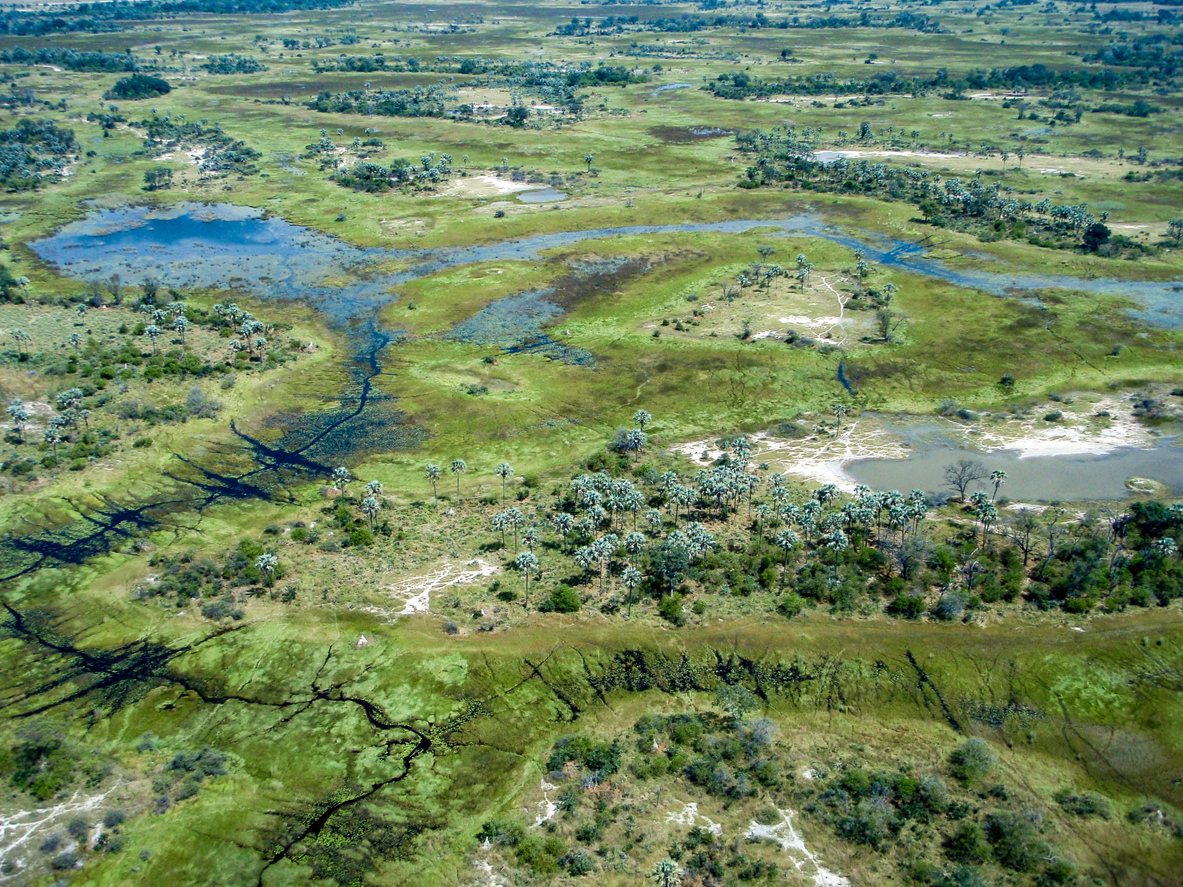A new study claims modern humans originated in Botswana. Many scientists aren't buying it.


A free daily email with the biggest news stories of the day – and the best features from TheWeek.com
You are now subscribed
Your newsletter sign-up was successful
A new study pegging a region in Botswana as the origin site for modern humans is getting some buzz, but not always for the right reasons.
Vanessa Hayes, a geneticist at the Garvan Institute of Medical Research in Australia, and her team analyzed the DNA of 1,217 people from southern Africa, reaching the conclusion that humans originated in the Makgadikgadi wetlands in northern Botswana around 200,000 years ago and remained there for around 70,000 years before branching out across Africa and eventually to other continents.
But a lot of scientists aren't buying the research, and some, The Atlantic reports, were "outright mad." Many skeptics think the sample size was too small and only accounts for a sliver of the human genome. "The conclusions are far-fetched and very much overstated," said Carina Schlebusch, a geneticist at Uppsala University who specializes in southern Africa. "It tells us very little about human origins as a whole."
The Week
Escape your echo chamber. Get the facts behind the news, plus analysis from multiple perspectives.

Sign up for The Week's Free Newsletters
From our morning news briefing to a weekly Good News Newsletter, get the best of The Week delivered directly to your inbox.
From our morning news briefing to a weekly Good News Newsletter, get the best of The Week delivered directly to your inbox.
Chris Stringer of the Natural History Museum in London concurred, telling BBC "you can't use modern mitochondrial distributions on their own to reconstruct a single location for modern human origins." In other words, it's a lot more complicated than the study shows. It doesn't seem likely to change the minds of scientists who have grown more convinced humanity didn't actually originate in one place and instead support the idea of "multiregionalism," which argues modern humans have several different origin sites across the African continent. Read more at The Atlantic and BBC.
A free daily email with the biggest news stories of the day – and the best features from TheWeek.com
Tim is a staff writer at The Week and has contributed to Bedford and Bowery and The New York Transatlantic. He is a graduate of Occidental College and NYU's journalism school. Tim enjoys writing about baseball, Europe, and extinct megafauna. He lives in New York City.
-
 How the FCC’s ‘equal time’ rule works
How the FCC’s ‘equal time’ rule worksIn the Spotlight The law is at the heart of the Colbert-CBS conflict
-
 What is the endgame in the DHS shutdown?
What is the endgame in the DHS shutdown?Today’s Big Question Democrats want to rein in ICE’s immigration crackdown
-
 ‘Poor time management isn’t just an inconvenience’
‘Poor time management isn’t just an inconvenience’Instant Opinion Opinion, comment and editorials of the day
-
 Blue Origin launches Mars probes in NASA debut
Blue Origin launches Mars probes in NASA debutSpeed Read The New Glenn rocket is carrying small twin spacecraft toward Mars as part of NASA’s Escapade mission
-
 Dinosaurs were thriving before asteroid, study finds
Dinosaurs were thriving before asteroid, study findsSpeed Read The dinosaurs would not have gone extinct if not for the asteroid
-
 SpaceX breaks Starship losing streak in 10th test
SpaceX breaks Starship losing streak in 10th testspeed read The Starship rocket's test flight was largely successful, deploying eight dummy satellites during its hour in space
-
 Rabbits with 'horns' sighted across Colorado
Rabbits with 'horns' sighted across Coloradospeed read These creatures are infected with the 'mostly harmless' Shope papilloma virus
-
 Lithium shows promise in Alzheimer's study
Lithium shows promise in Alzheimer's studySpeed Read Potential new treatments could use small amounts of the common metal
-
 Scientists discover cause of massive sea star die-off
Scientists discover cause of massive sea star die-offSpeed Read A bacteria related to cholera has been found responsible for the deaths of more than 5 billion sea stars
-
 'Thriving' ecosystem found 30,000 feet undersea
'Thriving' ecosystem found 30,000 feet underseaSpeed Read Researchers discovered communities of creatures living in frigid, pitch-black waters under high pressure
-
 New York plans first nuclear plant in 36 years
New York plans first nuclear plant in 36 yearsSpeed Read The plant, to be constructed somewhere in upstate New York, will produce enough energy to power a million homes
